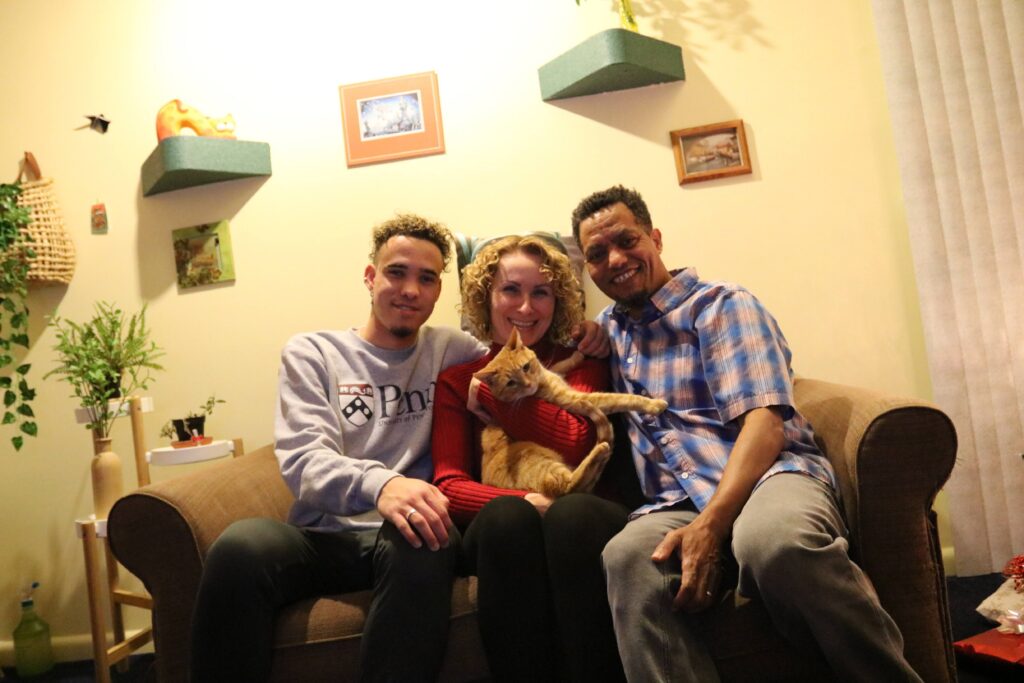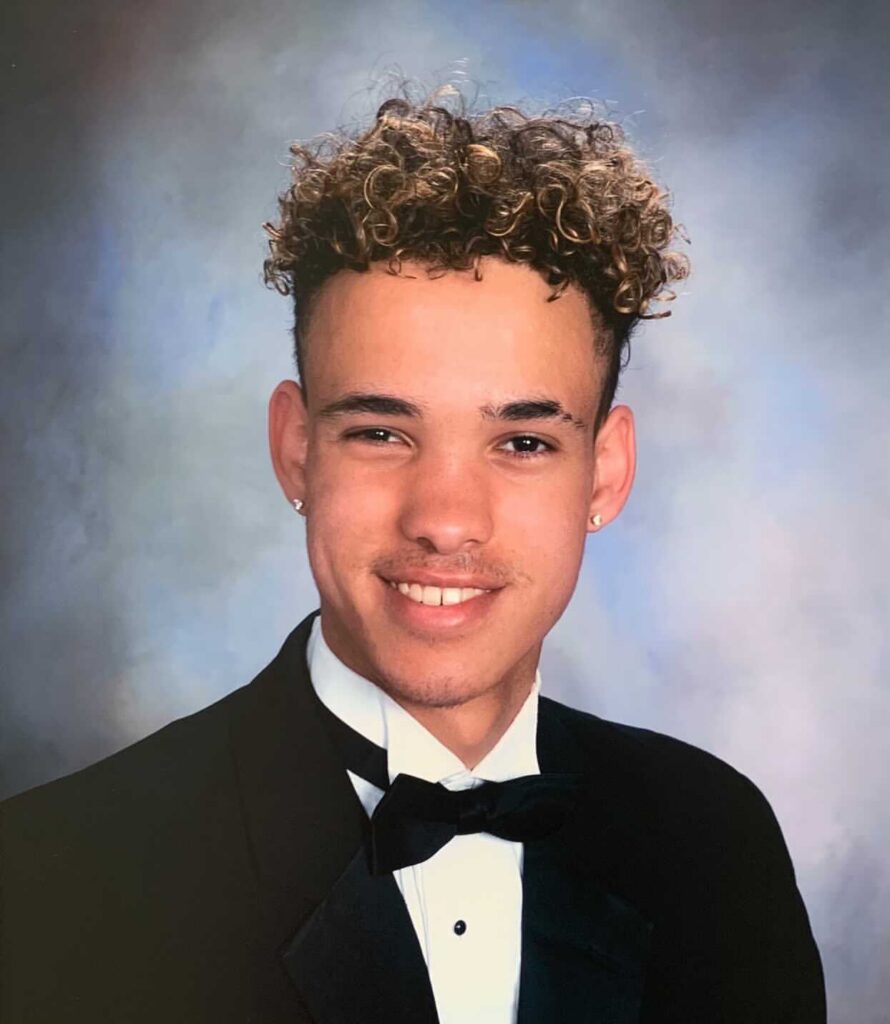“What are you doing? Why is this happening?” I thought this to myself one of the first times I was pulled into it. I didn’t know what it was or what was going on, but I knew I had to. It was a feeling I had never experienced, yet it felt so familiar.

As I was thinking about whether I offended my parents, or cleaned my fresh, new, white Puma sneakers, which I didn’t know why I was taking four hours to clean, there was a shadow that seemed to overbear my entire being until all I could do was think, think, think, and stop, stop, stop. Slowly, more and more parts of my life became affected to the point where I was weary about what I was doing and avoiding those parts of my life to the best of my abilities to avoid this distressing feeling in my chest.
An accurate diagnosis
About two years later or so, I visited a therapist, actually, multiple therapists with many different styles of treatment, but overall, my diagnosis was Obsessive-Compulsive Disorder, OCD, which gave me some relief. I know this is not the case for all, but it allowed me to put a name to what I was experiencing and set me forth in a direction of what to do next. There was definitely a pressure to go to therapists, and I had this drive to improve as quickly as possible for my sake and others around me, such as my family.
I was and am blessed to have such a loving and supportive family that has supported me since the beginning, becoming more and more educated with me and helping me with anything they could help me with.
Every session felt personal as if when I wasn’t able to do what I was supposed to do for “homework” meant the OCD was winning. This battle was ongoing the whole time before, during, and after treatment including up to now, sitting in my chair, typing this, but the main part is to never give up.
One of the golden therapies or treatments for OCD is Exposure-Response and Prevention therapy (ERP), a type of Cognitive Behavioral Therapy (CBT), in which one is exposed to their fears and the goal is to have them sit with that distress, resisting their compulsions. When I first heard this, I was very scared as I put myself in the patient’s shoes and could not imagine how I could do that. Every day when I performed a compulsion, my motive behind it whether I realized it or not, was for this feeling not to be there, and now I was supposed to just let this feeling win, this OCD shadow win? You’re going to feel horrible. An indication of OCD. Don’t do it, your family will not love you anymore when the therapy is not going to go well. OCD comes in again to take away any kind of hope you have. OCD tried to attack, as it does with many, the closest and most important parts of my life.

Therapy was grueling and hard. With my parents and my therapist, the journey was smoother but still turbulent nevertheless. As the course of OCD is a mix of highs and lows, my progress felt like some weeks I was doing really well but then other weeks, it’s like I never started therapy at all. I remember all the first times I had to perform exposures that I could not believe I would be able to and actually just sitting there, not being allowed to move or think to ease the uneasy feelings. Opening my closet for the first time, admitting maybe I don’t know how to love, maybe I did mean something this way, maybe I didn’t; all of it helping in some way together. Before, I mentioned my family also helped in any way they could. The “could” part is very important, as many times, families try to comfort you which, essentially in the long run, is not beneficial and fuels the OCD cycle even more. Additionally, there have been many misconceptions concerning OCD that have the potential to hinder someone’s progress.
What OCD actually is
The media today portrays OCD as a personality trait, spewing “I’m so OCD” and “letting my intrusive thoughts take control,” without knowing the weight of what that actually means for OCD and other disorders. Hearing such things as I was affected by this condition every day made it feel like everyone goes through this and this isn’t any part of life to be concerned about.

Many different subtypes of OCD exist in which obsessions and compulsions are not only physical but also mental; I dealt with and am dealing with both of these versions, such as contamination OCD and relationship OCD. The subtypes in which the condition takes more so of an internal approach seem to be less covered by mass media, such as relationship OCD or pure OCD, contributing to this stigma. Many subtypes take on different forms and can affect the individual from many angles. What you’re going through or have gone through or both is hard and will always be hard as every day is a battle and there is no cure for OCD, but there are so many ways to help you feel better and cope.
You’re not alone
With OCD, it is very important for you to know or anyone to know, who is dealing with OCD that you or they are not alone. Being there for one another, joining support groups, sharing resources, and advocating for language such as “neurodiverse” and “neurotypical” to be used instead of “abnormal” and “normal” can all ease the process as one goes through any kind of difficult time in their lives involving a neuropsychiatric condition, including OCD. What is also important to remember is that the journey that you have through treatment is heterogenous and can have many ups and downs. These fluctuations show that you are working hard to get out from under the beast that OCD is. It’s okay to feel scared, angry, or sad as progression is many times just as frustrating as it is rewarding.
You deserve to be here, and you can fight.
Here are some resources that you or anyone that you know could be, has, or is dealing with OCD or related disorders, can utilize:
- NOCD: https://www.treatmyocd.com/
- Crisis Text Line: https://www.crisistextline.org/
- International OCD Foundation: https://iocdf.org/
- Suicide Prevention Hotline: https://988lifeline.org/
- Substance Abuse and Mental Health Services Administration: https://www.samhsa.gov/
- Anxiety and Depression Association of America: https://adaa.org/

